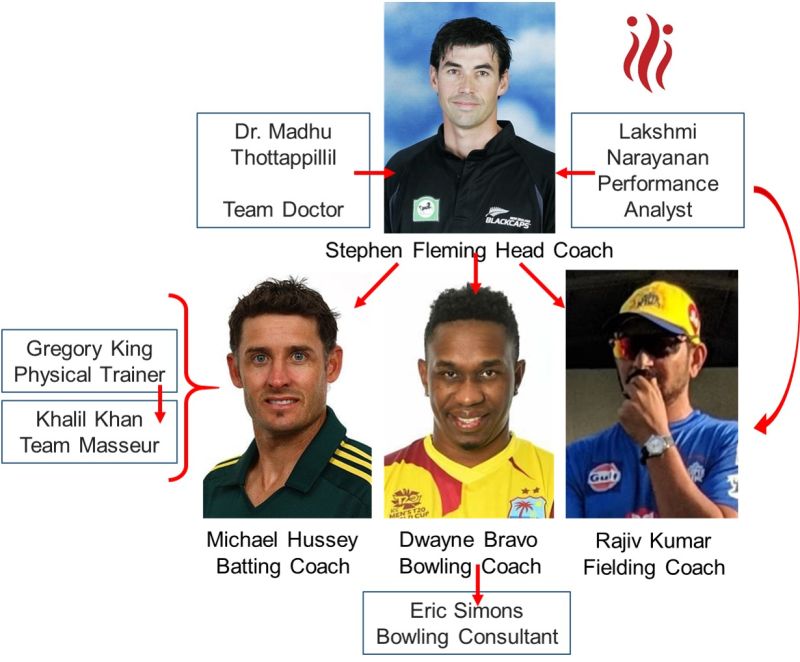Category Execution in a Retail Store
Jul 19, 2023
Let’s talk on a favorite topic today… Indian Premier League
Chennai Super Kings clinched the IPL 2023. With MS Dhoni as captain, the team had brilliant batters like Ajinkya Rahane, Devon Conway, Ambati Rayudu and power all-rounders like Ben Stokes, Moeen Ali, Ravindra Jadeja. However, the bowling squad was relatively young and inexperienced.
But what made them champions? The team? But all the teams, barring one or two, had similar balanced line-ups. Is it the captaincy? May be yes, MSD had an edge. Is it the team motivation, as they were in the journey of winning the cup for the 5th time, equaling the title with Mumbai Indians? May be yes.
There may be many reasons behind their victory, but one visible area which came out loud and clear that differentiated CSK from the rest, was its coaching structure. The organogram of coaches was no less professionally thought than that of a global corporate.

There was a head coach, supported by three domain coaches; batting, bowling and fielding, followed by a set of functional specialists e.g. team doctor, physical trainers, team masseur etc. Interesting to see, keeping in mind the relatively weak bowling squad, the bowling coach was supported with a bowling consultant. Apart from the coaches, there was a performance analyst whose job, after every match, was to analyze the performances of CSK and other teams and take corrective actions in consultation with head coach and domain coaches.
Irrespective of whether a team clinches the title or not ('coz there is always a luck factor!!) such a well-thought and clearly defined coaching and performance structure definitely gives the team a cutting edge over the competitors. Same is applicable for commercial organizations fighting for their brand dominance, market shares and growths in today’s dynamic business scenario.
All the best to team Chennai Superkings and the set of coaches.
Category Execution in a Retail Store
Jul 19, 2023
Customer Centricity
Jul 19, 2023
Customer Prioritization
Jul 19, 2023
Marketing and Sales Integration
Jul 19, 2023
Comments
No Comment found